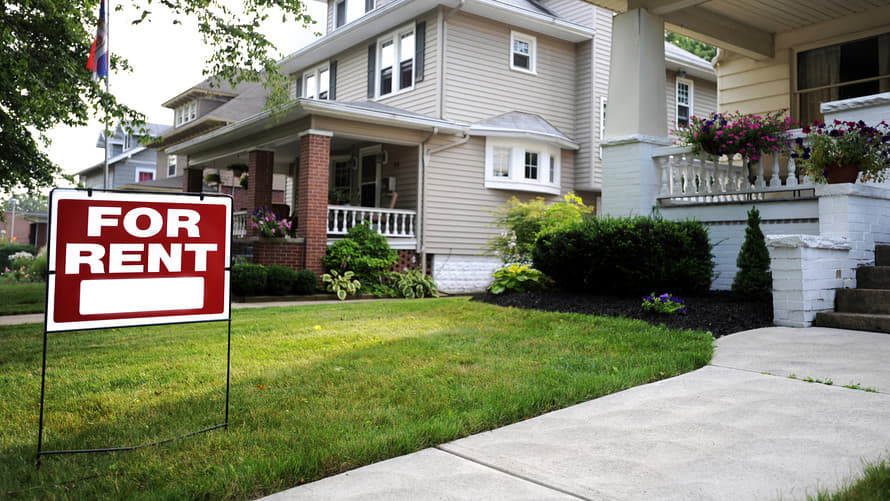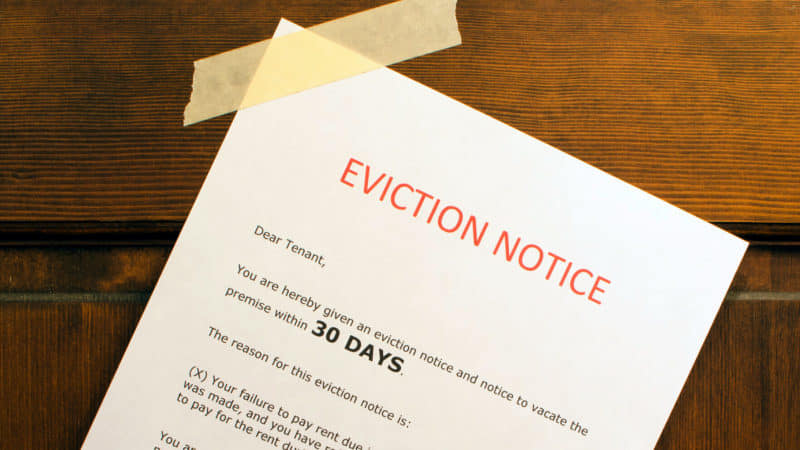Having a pet can bring joy and companionship, but it also comes with responsibilities. When renting a home, landlords may have concerns about potential damages or issues caused by tenant pets.
In this article, we will explore whether landlords can legally require tenants to purchase pet insurance.
Can a Landlord Require Pet Insurance?
Yes, a landlord can require pet insurance in some circumstances. This requirement is usually framed within the context of renters’ insurance, which often provides liability coverage for pets.
Such insurance is commonly required in buildings where pets are not explicitly allowed, offering landlords some protection in case a pet damages the property.
Requiring pet insurance gives landlords reassurance that any pet-related incidents will be covered financially.
What are the benefits of landlords requiring pet insurance?
There are several benefits to landlords requiring pet insurance. It provides them with a layer of financial protection in case of damages caused by a tenant's pet.
If a dog tears a carpet or a cat scratches furniture, the insurance can pay for repairs. Pet insurance also reduces landlords' liability risks.
If a pet bites another tenant or causes other injuries, costs are covered. Requiring insurance promotes responsible pet ownership as it shows tenants understand pets require care and precautions to prevent issues.
What types of pet insurance are available?

There are different types of pet insurance policies that can meet various needs. Accident-only coverage pays for injuries like broken bones from accidents. Illness coverage pays for vet bills for a sick pet.
Wellness coverage helps with preventative care like vaccines and checkups. Some plans specialize in hereditary conditions common to specific breeds.
Choosing the right coverage is important to ensure any pet issues have financial support.
What factors should renters consider before getting a pet?
Renters need to consider several factors before getting a pet to rent with. They should research the landlord’s pet policy for rules and breed restrictions.
Potential costs like pet deposits, damages, or required insurance must be budgeted. Renters must also take responsibility for properly caring for and training their pet to prevent issues disturbing other tenants. Failing to consider these factors could result in fines or an inability to keep the pet.
What exclusions might be in a pet insurance policy?
While pet insurance provides value, policies may exclude certain items. Common exclusions include pre-existing conditions, breed-specific genetic issues, dangerous dog breeds, and normal wellness care or cosmetic procedures. Policies may also have deductibles and annual or lifetime payout limits.
Carefully reviewing policy details is crucial to understand exact coverage and avoid surprises if an excluded item arises. Insuring the right pet needs is key.
How can landlords implement an pet insurance requirement properly?
If allowing pets and requiring insurance, landlords should outline rules clearly in the lease. It should state the insurance requirement and that failure to maintain coverage is grounds for lease violation.
Landlords can screen potential tenants by requesting current proof of coverage. They may also collect copes of the declarations page listing covered pets when a new policy is issued.
With transparent policies and communication, landlords can help renters comply while protecting themselves as intended.
Conclusion
In many jurisdictions, landlords have the right to require renters to purchase pet insurance as part of being a responsible pet owner. Implementing such a policy protects both the tenant and landlord from potential veterinary bills or property damage issues.





